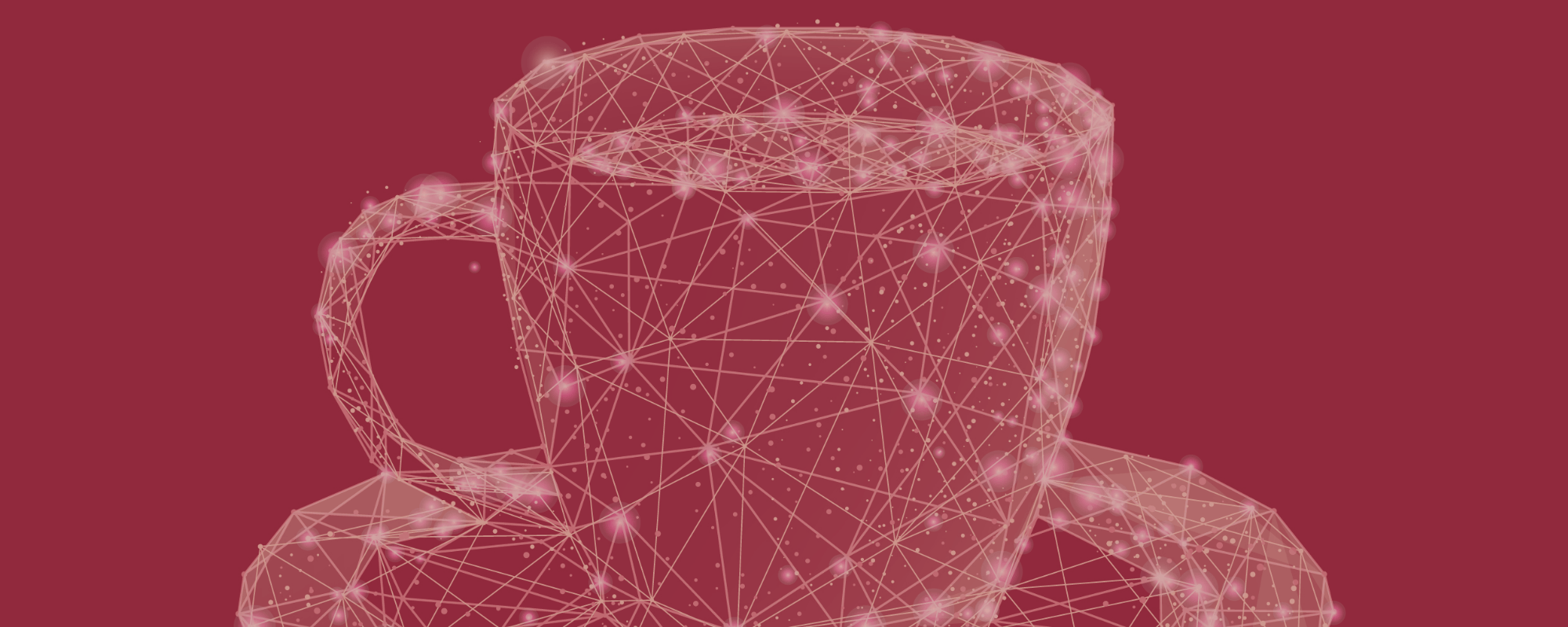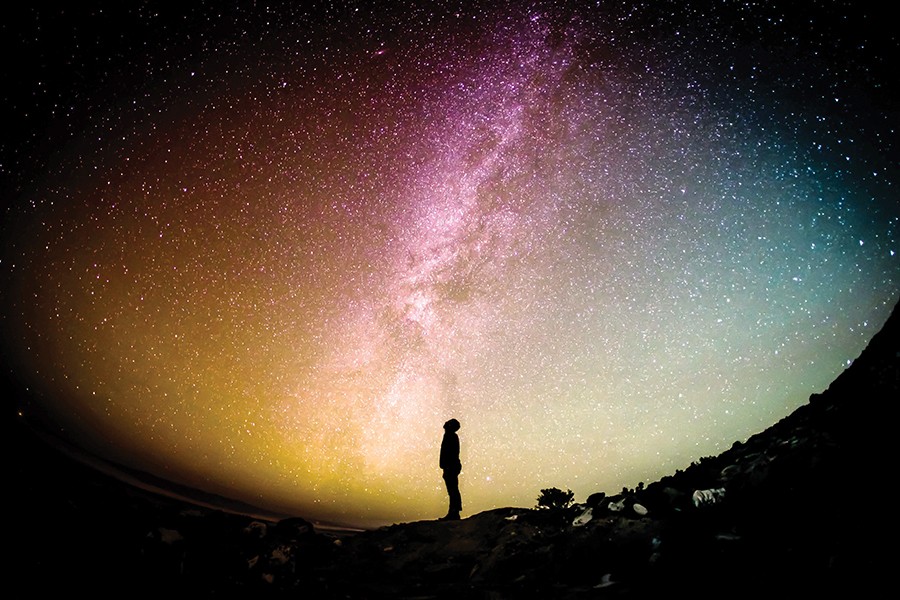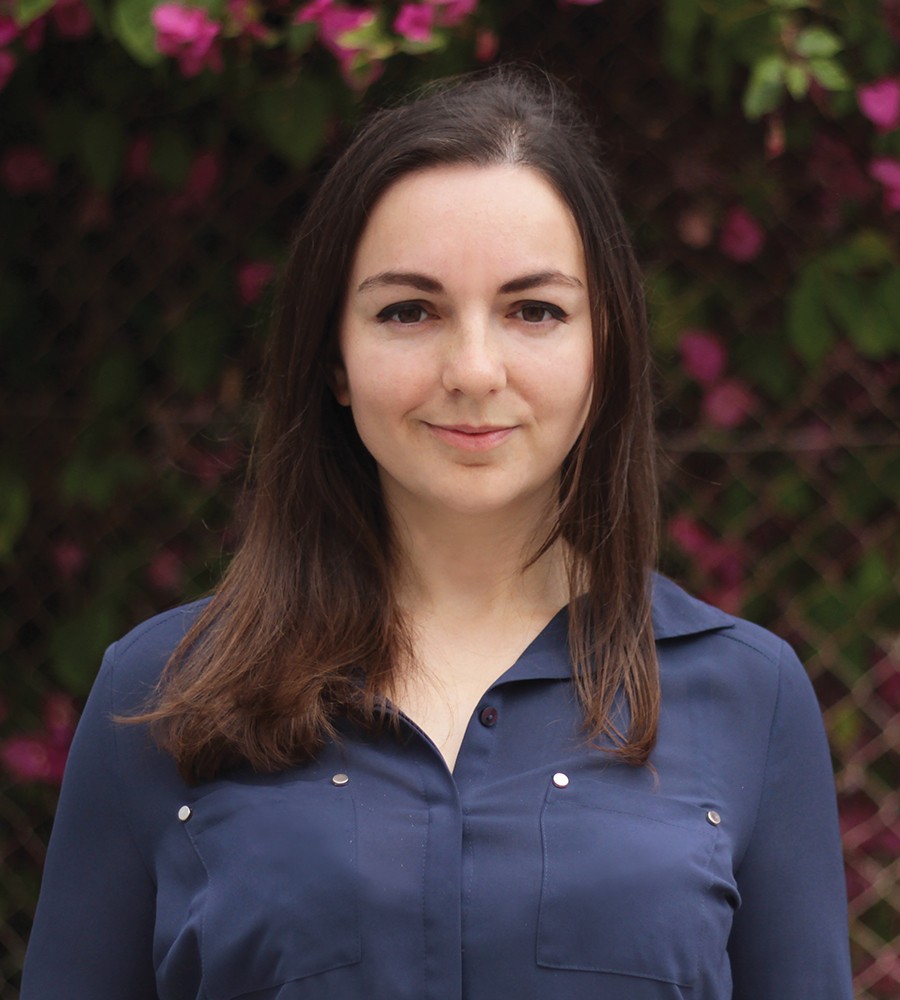In an age of misinformation, having a grasp on current affairs and research is essential for us to be active, responsible citizens. Gillianne Saliba writes about the dire need for more dialogue and engagement from citizens and scientists alike.

For many, science is far removed. It’s just a subject they had to take at school. Or the star of crazy stories on newspapers, or videos and memes on social media. Opposing views are a dime a dozen. And sometimes it’s very hard to discern between them; what’s right? what’s wrong? ‘It’s complicated,’ they say, ‘it’s hard’, and so most people move on, letting others do all the talking. As a result, science and citizens have had a rocky relationship. But when the issues being discussed relate to health, technology, and our environment, that is, when they affect us directly, we need to be able to engage.
Science Communication (SciComm for short) can offer a solution to this problem.
SciComm can take many forms. Articles, films, museum exhibitions; you name it. In the wake of a scientific knowledge-gap in the community, SciComm has taken root and has been rapidly growing over the last 40 years. Researchers want to share their ideas and get citizens’ input, gauge interest, and see what others have to say.
Enter Malta Café Scientifique.
To create a safe space where people can chat about science, Malta Café Sci organises monthly science communication events in Valletta where researchers and professionals discuss topics of interest with attendees. Entrance is completely free and open to all, which attracts a diverse audience.

What makes Malta Café Sci special is how it prioritises the public, putting their learning experience first. The events are tailored to them. Speakers keep their talks short and succinct, taking complex scientific concepts and breaking them down, discussing how the research can impact society. The Q&A session that follows is often far longer than the talk itself, opening up a dialogue within the audience. The elitist mantra of ‘it’s complicated’ is so far gone that talks, and the following question and answer portion of the evening, are put to bed with closing drinks where speakers and audience members can have one-on-one time, discussing the topic of the day.
I have been volunteering as an organiser with Malta Café Scientifique for the last nine months. Through the experience, I have gained marketing and public speaking skills.
More importantly, I have had the privilege of a front row seat to pivotal moments in people’s lives—the moment when perception shifts.
I’ve often had audience members come up to me after an event to tell me how the talk changed their ideas. How they are learning to be more receptive but also critical about what they learn and read online. Some point out how they usually steer clear of such events, with many wrongly thinking they aren’t smart enough for them, only to find that they not only understand, but can also participate.
Aside from all this, Malta Café Scientifique is also conducting its own research. Led by Café Sci’s project manager Danielle Martine Farrugia, we are evaluating and interviewing different science communicators about their practices. We’re also evaluating the initiative to understand its contribution to science communication in Malta.
What we can already see is that Malta Café Sci is living, breathing proof of how people can come together when dialogue is open and welcoming. It is empowering local researchers to share their findings with citizens while giving community members the chance to learn and weigh in on work that may have ramifications for them. Where a learning process is no longer from expert to layman, but a continuous sharing of information in both directions.
Note: For more about Malta Café Scientifique’s next events, or if you want to get involved, see its Facebook page or Instagram @maltacafesci. Or email us on cafesci@mcs.org.mt.



